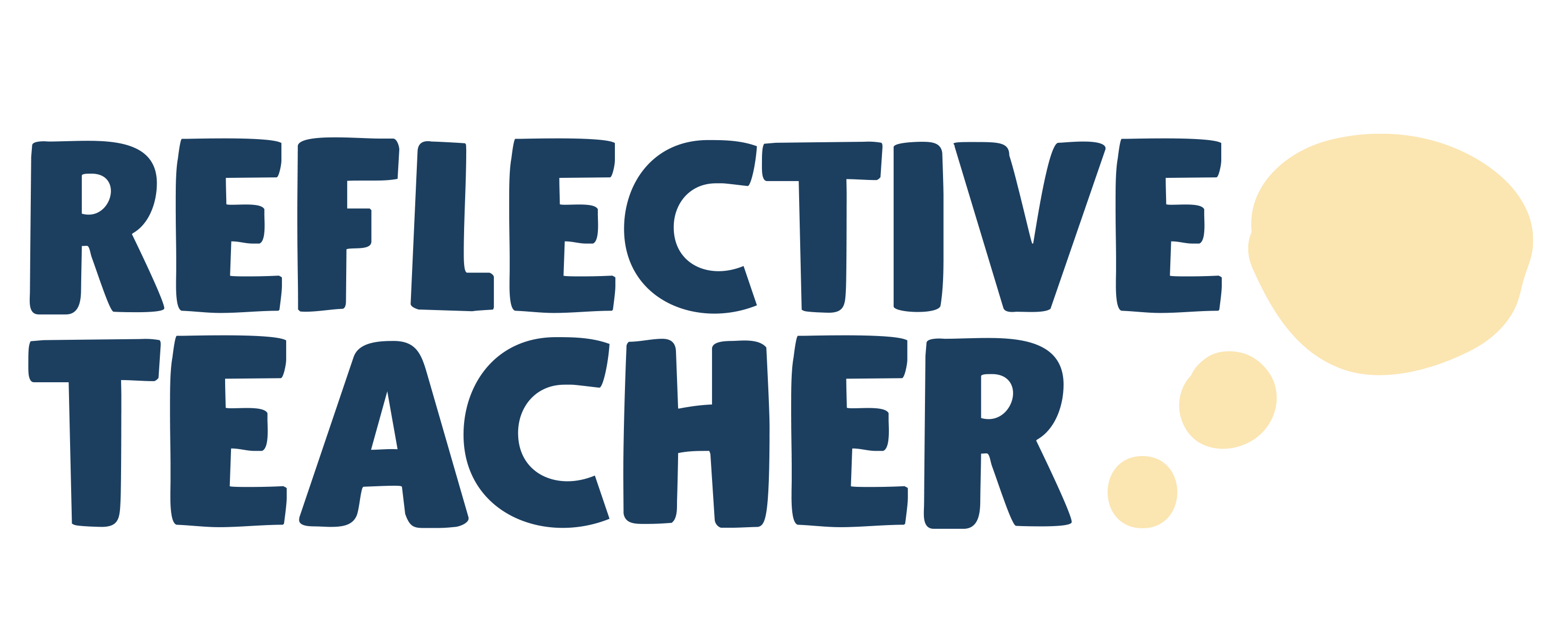Introduction: Embracing Reflection in Education
In the ever-evolving landscape of education, teachers are not just educators but also lifelong learners. The concept of reflective teaching stands at the forefront of this educational evolution. Reflective teaching is a process where teachers look back on their teaching practices to develop a deeper understanding of their work in order to improve the quality of their teaching. This approach aligns perfectly with the resources and support offered at ReflectiveTeacher.cloud, a platform dedicated to fostering teacher growth.
The Essence of Reflective Teaching
Reflective teaching involves a cycle of self-observation and self-evaluation. By reflecting on their teaching methods, teachers can understand what works and what doesn’t, allowing them to adapt and refine their approach. Cambridge Community’s Guide to Reflective Practice provides a comprehensive framework for this reflective cycle, emphasizing its importance in professional development.

Benefits of Reflective Practice
- Enhanced Teaching Methods: Reflective practice helps teachers to continually improve their teaching strategies.
- Increased Self-awareness: Teachers become more aware of their educational beliefs and teaching style.
- Better Understanding of Students: It allows teachers to understand the diverse needs of their students more effectively.
- Professional Growth: Reflective practice is a cornerstone of ongoing professional development.
Implementing Reflective Practice
- Regular Self-Evaluation: After each lesson, take time to reflect on what went well and what could be improved.
- Student Feedback: Encourage feedback from students to gain insights from their perspective.
- Peer Collaboration: Collaborate with other teachers to gain new perspectives and ideas.
- Professional Development Resources: Utilize resources from sites like ReflectiveTeacher.cloud for structured guidance and support.
Challenges in Reflective Teaching
While reflective practice is beneficial, it also comes with challenges such as time constraints and the emotional weight of self-critique. Overcoming these challenges involves setting realistic goals, seeking support from peers, and using dedicated resources like those found on ReflectiveTeacher.cloud.
Reflective Teaching in the Digital Age
With the advent of technology, reflective teaching has taken on new dimensions. Digital tools and online platforms offer an array of resources for teachers to engage in reflective practice. Websites like ReflectiveTeacher.cloud provide digital tools and forums for teachers to share and discuss their experiences and insights.
Case Studies and Success Stories
Highlighting real-life examples of successful reflective practice can be incredibly motivating. For instance, a case study on the Cambridge Community website illustrates how reflective teaching has transformed classroom dynamics and student engagement.
Conclusion: Reflective Teaching as a Journey
Reflective teaching is more than a method; it’s a journey of continual growth and improvement. It empowers teachers to become better educators and enriches the learning experience for students. Platforms like ReflectiveTeacher.cloud and Cambridge Community are valuable allies in this journey, providing the tools and support necessary for effective reflective practice.



Comments are closed